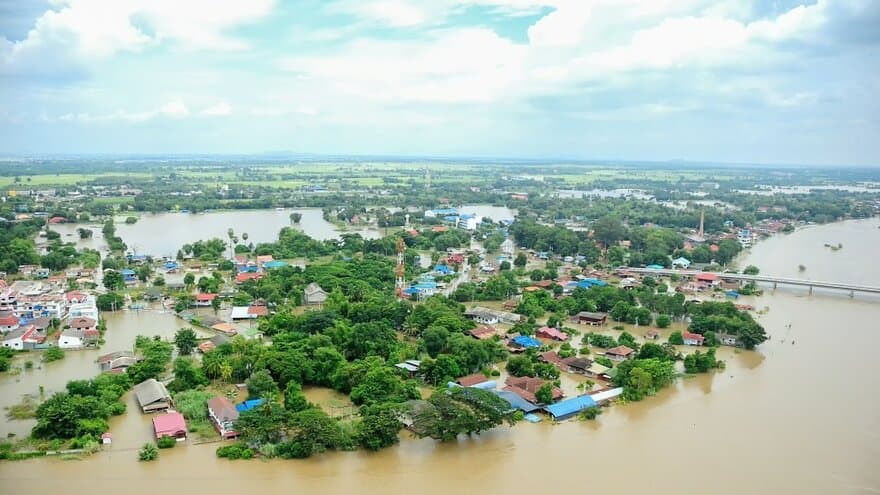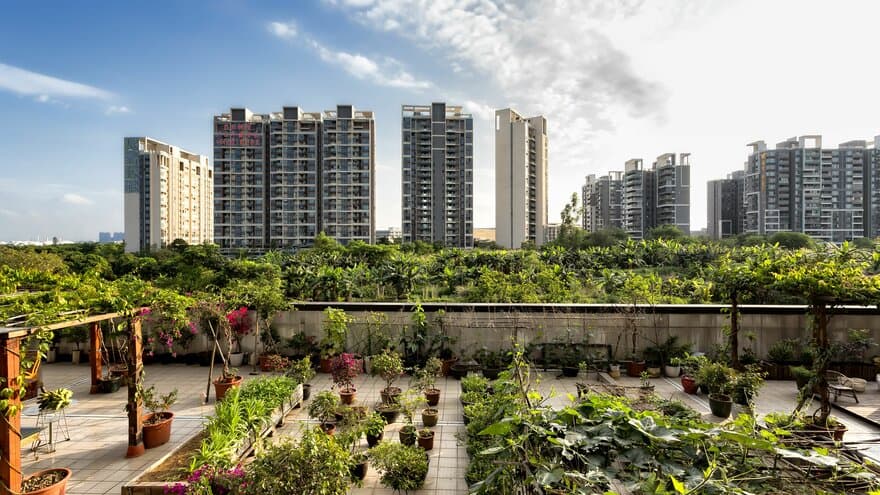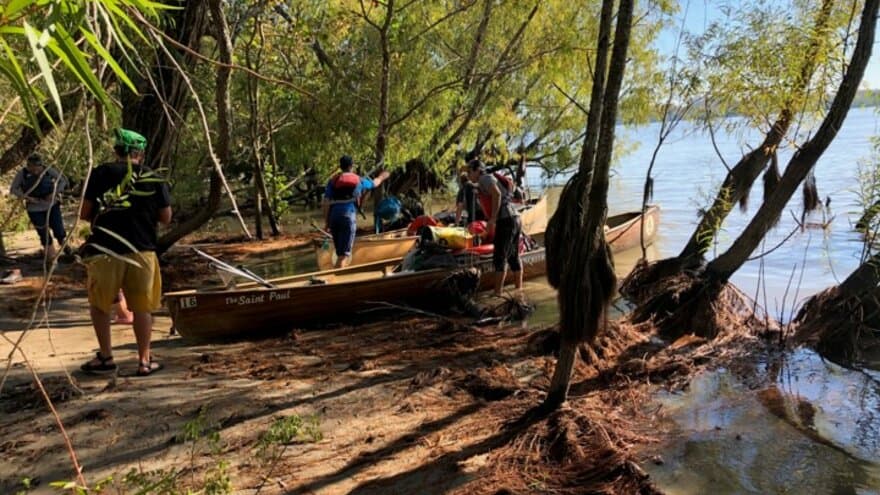Master's degree (2 years)Full timeLandscape Architecture for Global Sustainability
Ready to engage with the most pressing issues of our time? This Master's degree offers a unique combination of practice from landscape architecture with studies in global development, planning and ecology.
ECTS credits:
120
Application deadline:
Applicants outside EU/EEA: 1 December
Norwegian, Nordic, EU/EEA and Swiss citizens: 15 April
Start of Studies:
Autumn
Required points:
Requirements:
Applicants must hold a bachelor's degree in one of the following disciplines: Landscape Architecture, Architecture, Urban and Regional Planning, Landscape Planning, Landscape Sciences, Geography, Development Studies, Resource Management, Environmental Studies, Landscape Engineering and other relevant fields.
Applicants must also submit a motivation letter and portfolio.
Requirements in detail
The Master in Landscape Architecture for Global Sustainability is a two-year, full-time degree course acknowledged by the International Federation of Landscape Architects. The teaching is conducted in English.
Global transformation processes and the planet’s tightening limits to growth are reshaping landscapes worldwide. Environmental disasters, migration, climate change, crises and conflicts are increasingly influencing how people experience their everyday landscapes. Landscape architecture for Global Sustainability (GLA) responds to these challenges by shaping people’s local environmentswith a global perspective.
The GLA program is designed to help students confidently navigate different socio-cultural and ecological settings in our increasingly globalised world. It, thus, responds to the rapidly evolving demands on the landscape architecture profession and the growing environmental challenges we face. Students learn to design, plan, and manage sustainable spaces, applying knowledge that links global drivers to local conditions.
Throughout the program, students engage in analytical methods, design strategies, and critical thinking tools that equip them to address uncertain and unpredictable futures. By blending global awareness with local responsiveness, they discover how to guide landscape transformations that support ecological integrity and social justice.
Teaching
The core of the curriculum is project work, spanning design, landscape ecology, theory and history.
The program consists of an introductory course, a theory course, and a series of three studio courses with a focus on design and research-driven projects. Your studies will culminate in a thesis. There are also additional elective classes available across the Life Science University.
You will study within an international environment. Group work provides opportunities for the exchange of intercultural experiences and knowledge. Courses cover contemporary concerns and a suite of methods, as well as insights into working internationally and experiencing cultural differences.
During your studies, we encourage you to explore and develop contemporary ways of working that advance landscape architecture as a productive, generalist profession. Both scientific and artistic methods are used, involving an interactive design process with regular supervision, presentations and feedback.
Student accommodation
Accommodation close to our beautiful campus is offered through NMBU's Student Welfare Association (SiÅs). International students are prioritized for on-campus housing, though this is not guaranteed. We recommended that you apply for accommodation immediately after accepting your admission offer to secure housing. Read more.
Student testimonials
Diverse teaching methods
Career opportunities
Graduates of the program can look forward to various employment and professional opportunities including work in private practice, multidisciplinary firms, and public agencies. Our graduates are hired in private design firms, small and large, in multidisciplinary engineering consultancies, state and government agencies and planning authorities.
Learning outcomes
Exchange possibilities
Program structure
More about the program
Study advisor(s):



